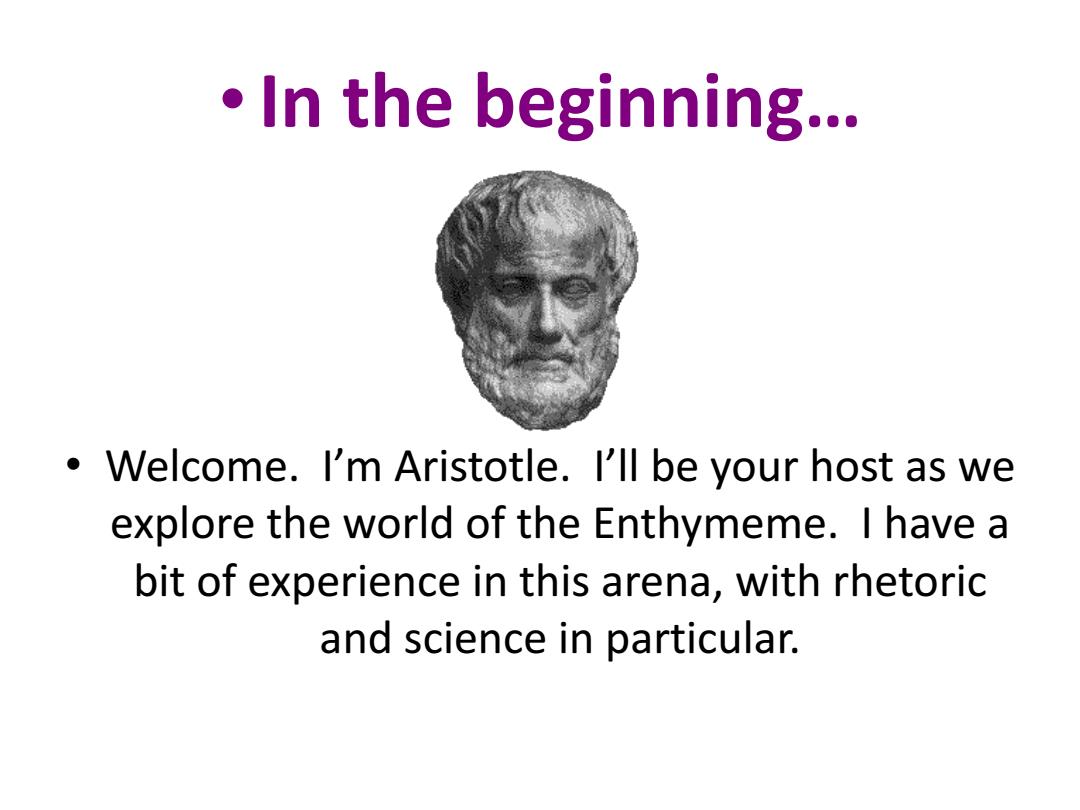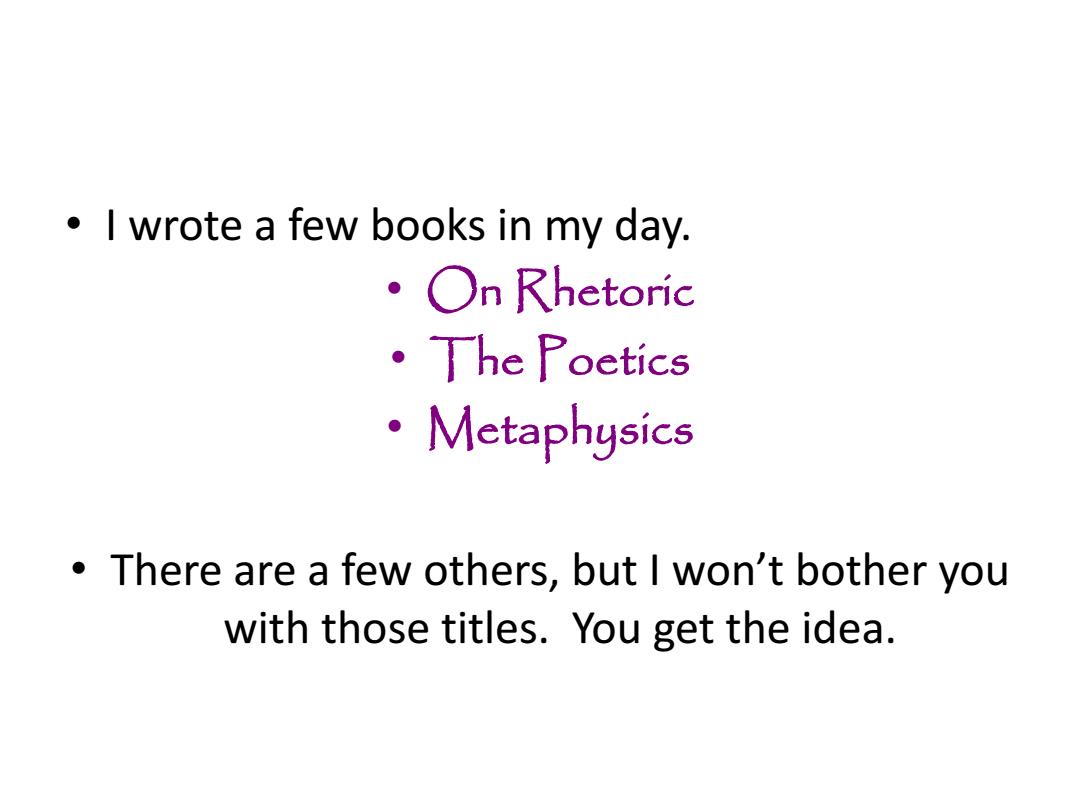
Left and Right Brain Functions Left-Brain Functions Right-Brain Functions Logos Analytic thought Holistic thought Logic Intuition Language Creativity Science and Art and math music Logos means logic Logos refers to any attempt to appeal to the intellect. Logos appeals to the left side of the audience's brain.The audience finds certain patterns, conventions and modes of reasoning to be convincing and persuasive,The audience relies on reasoning and facts to make its decision.Numbers, polls and statistics are also examples of the persuasive use of logic
Logos Logos means logic • Logos refers to any attempt to appeal to the intellect. • Logos appeals to the left side of the audience's brain. The audience finds certain patterns, conventions and modes of reasoning to be convincing and persuasive. The audience relies on reasoning and facts to make its decision. Numbers, polls and statistics are also examples of the persuasive use of logic

REVIEW Ethos,Pathos and Logos 1. Ethos an ethical or moral argument 2. Pathos an emotional argument 3. Logos a logical argument
REVIEW Ethos, Pathos and Logos 1. Ethos = an ethical or moral argument 2. Pathos = an emotional argument 3. Logos = a logical argument

The Rhetorical Triangle When you engage in rhetoric,you are related to the audience and your subject.A well-balanced Possible Distortion: argument gives attention to all Abstraction Logos three points of the triangle, establishing your authority (ethos), Subject drawing the audience emotionally (pathos),and doing justice to the facts (logos). ● However,if you give too much emphasis to facts,you can fall into a kind of distortion:making the subject seem cold and abstract.If Speaker Audience you lean too much toward the audience,you can start to create Ethos Pathos propaganda.And if you put to much emphasis on your own Possible Distortion: Possible Distortion: character and values,you will seem Egotism Propaganda egotistical
The Rhetorical Triangle • When you engage in rhetoric, you are related to the audience and your subject. A well-balanced argument gives attention to all three points of the triangle, establishing your authority (ethos), drawing the audience emotionally (pathos), and doing justice to the facts (logos). • However, if you give too much emphasis to facts, you can fall into a kind of distortion: making the subject seem cold and abstract. If you lean too much toward the audience, you can start to create propaganda. And if you put to much emphasis on your own character and values, you will seem egotistical. Subject Logos Possible Distortion: Abstraction Audience Pathos Possible Distortion: Propaganda Speaker Ethos Possible Distortion: Egotism

In the beginning... Welcome.I'm Aristotle.I'll be your host as we explore the world of the Enthymeme.I have a bit of experience in this arena,with rhetoric and science in particular
•In the beginning… • Welcome. I’m Aristotle. I’ll be your host as we explore the world of the Enthymeme. I have a bit of experience in this arena, with rhetoric and science in particular

I wrote a few books in my day. ·On Rhetoric ·The Poetics ·Metaphysics There are a few others,but I won't bother you with those titles.You get the idea
• I wrote a few books in my day. • On Rhetoric • The Poetics • Metaphysics • There are a few others, but I won’t bother you with those titles. You get the idea